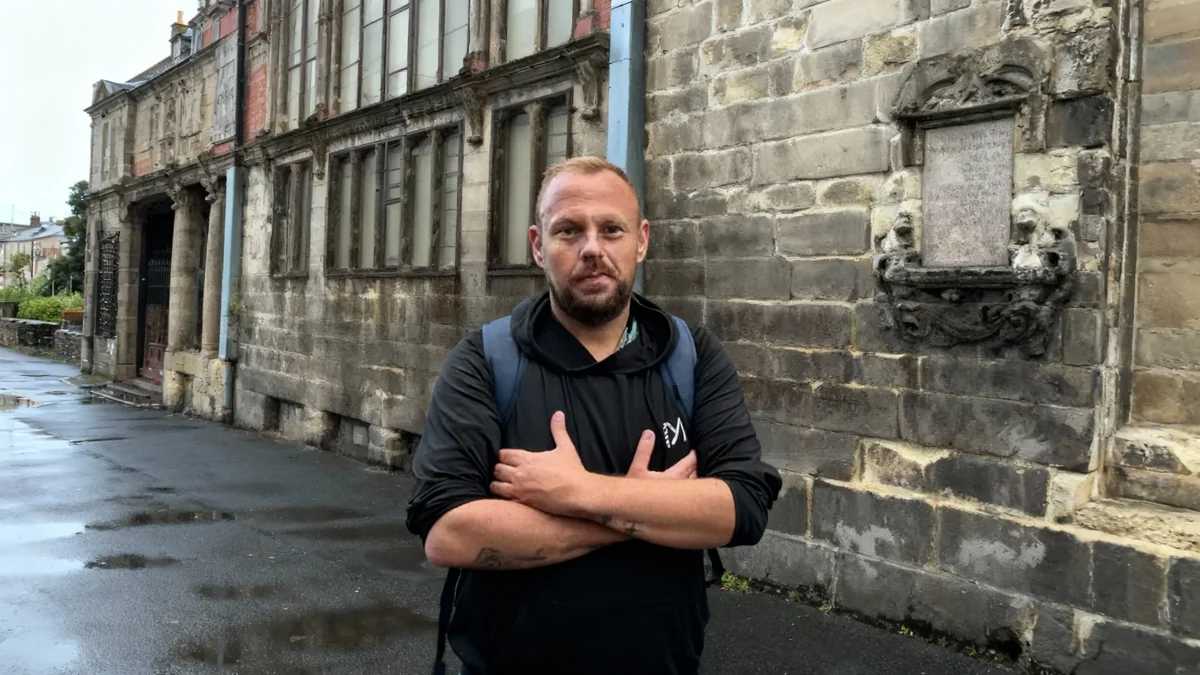Labour leader Keir Starmer has made a landmark pledge to the people of Liverpool and the entire nation: if elected, his government will enact a 'Hillsborough Law' to fundamentally reshape public accountability. This proposed legislation aims to prevent future generations from enduring the decades of pain, cover-ups, and institutional denial faced by the families of the 97 victims of the 1989 football disaster.
The promise, delivered during a visit to Merseyside, signals a potential seismic shift in the balance of power between the state and its citizens, creating a legal duty of candour for all public officials and ensuring victims' families have a level playing field in their fight for justice.
Key Takeaways
- Keir Starmer has committed a future Labour government to passing a 'Hillsborough Law,' also known as the Public Authority (Accountability) Bill.
- The law would introduce a statutory 'duty of candour,' making it a criminal offense for public officials to deliberately mislead official inquiries or the public.
- It would also guarantee parity of legal funding for victims' families, ensuring they have the same resources as state bodies during inquests and inquiries.
- The pledge addresses the long-standing campaign by Hillsborough families who fought for over 30 years against institutional cover-ups and state-defended lies.
The Core of the Proposed 'Hillsborough Law'
For decades, the fight for justice for the 97 men, women, and children unlawfully killed at Hillsborough has been a defining struggle against institutional intransigence. The proposed 'Hillsborough Law' is the culmination of that battle, designed to embed its painful lessons into the fabric of the British legal system.
At its heart, the law introduces a statutory duty of candour on public servants. This is not merely a guideline but a legally binding obligation for police officers, government officials, and other state agents to be truthful during official investigations, inquiries, and court proceedings.
Crucially, a breach of this duty would become a criminal offense. According to campaigners, this measure is designed to dismantle the 'defensive wall' often erected by public bodies after major failures, which historically has led to cover-ups and the deliberate smearing of victims to deflect blame.
Leveling the Legal Playing Field
A second, equally vital component of the proposed law is the provision for equal legal representation. The Hillsborough families famously had to raise funds and rely on pro-bono legal work to fight their corner against the unlimited resources of the state, whose lawyers were funded by the taxpayer.
"This is a law for Liverpool, but it is also a law for everyone," Starmer stated during his visit. "It's about ensuring that no one, in the future, has to go through the pain, the injustice, and the decades of struggle that the Hillsborough families have endured."
The new legislation would ensure that bereaved families participating in inquests and inquiries following public disasters receive parity of funding. This means they would have access to the same quality and level of legal aid as the public authorities they are often challenging.
A 30-Year Fight for Truth
The original inquest verdicts of accidental death in 1991 were quashed in 2012 following the release of the Hillsborough Independent Panel report. New inquests in 2016 concluded that the 97 victims were unlawfully killed and that fans were not to blame for the disaster, finally vindicating the families after 27 years.
The Political and Personal Context
Keir Starmer's personal history with the Hillsborough case adds a complex layer to this commitment. As Director of Public Prosecutions (DPP) from 2008 to 2013, he was a key figure in the legal proceedings that followed the release of the Hillsborough Independent Panel's report. His decisions during that time, particularly regarding the prosecution of certain police officers, have faced scrutiny from some campaigners.
However, Starmer has consistently stated that his experience as DPP reinforced his belief that the system itself is flawed. He argues that the legal and institutional framework made it incredibly difficult to hold public officials to account, a problem the 'Hillsborough Law' is specifically designed to fix.
What is a 'Duty of Candour'?
A duty of candour is a legal obligation to be open and honest. In a medical context, it requires healthcare providers to inform patients when something has gone wrong with their care. The proposed 'Hillsborough Law' would extend a similar, but criminally enforceable, principle to all public authorities in the aftermath of major incidents, preventing them from hiding failures or misleading investigations.
During his announcement in Liverpool, Starmer directly addressed this history, framing the proposed law as a direct response to the systemic failures he witnessed firsthand. His pledge is seen by many as an attempt to right the wrongs of a system that not only failed the 97 victims on the day of the disaster but continued to fail their families for decades after.
A Nationwide Impact Beyond Hillsborough
While born from the tragedy in Sheffield and forged by the resilience of Liverpool families, the 'Hillsborough Law' would have far-reaching implications for public accountability across the United Kingdom. Its principles would apply to any future public inquiry or inquest, from major transport accidents to public health crises.
Advocates for the law argue it would change the fundamental culture within public bodies. They believe the threat of criminal prosecution for dishonesty would force a shift from a default position of defensiveness and reputation management to one of transparency and truthfulness.
Key Provisions of the Public Authority (Accountability) Bill:
- Duty of Candour: A requirement for public authorities and officials to act with transparency and frankness.
- Criminal Offence: Making it a crime for officials to intentionally or recklessly mislead the public or courts.
- Legal Aid Parity: Guaranteeing equal funding for legal representation for victims' families at inquests and inquiries.
- Independent Public Advocate: Establishing a dedicated advocate to support families of victims of public disasters.
The legislation has garnered cross-party support over the years and has been championed by figures like Andy Burnham, the Mayor of Greater Manchester, and Steve Rotheram, the Liverpool City Region Mayor. They argue that such a law is long overdue and essential for restoring public trust in state institutions.
The commitment from the Labour leader brings this decades-long campaign to the brink of reality. For the families who fought for so long, it represents the hope that their painful legacy will be a more just and accountable system for all citizens.





